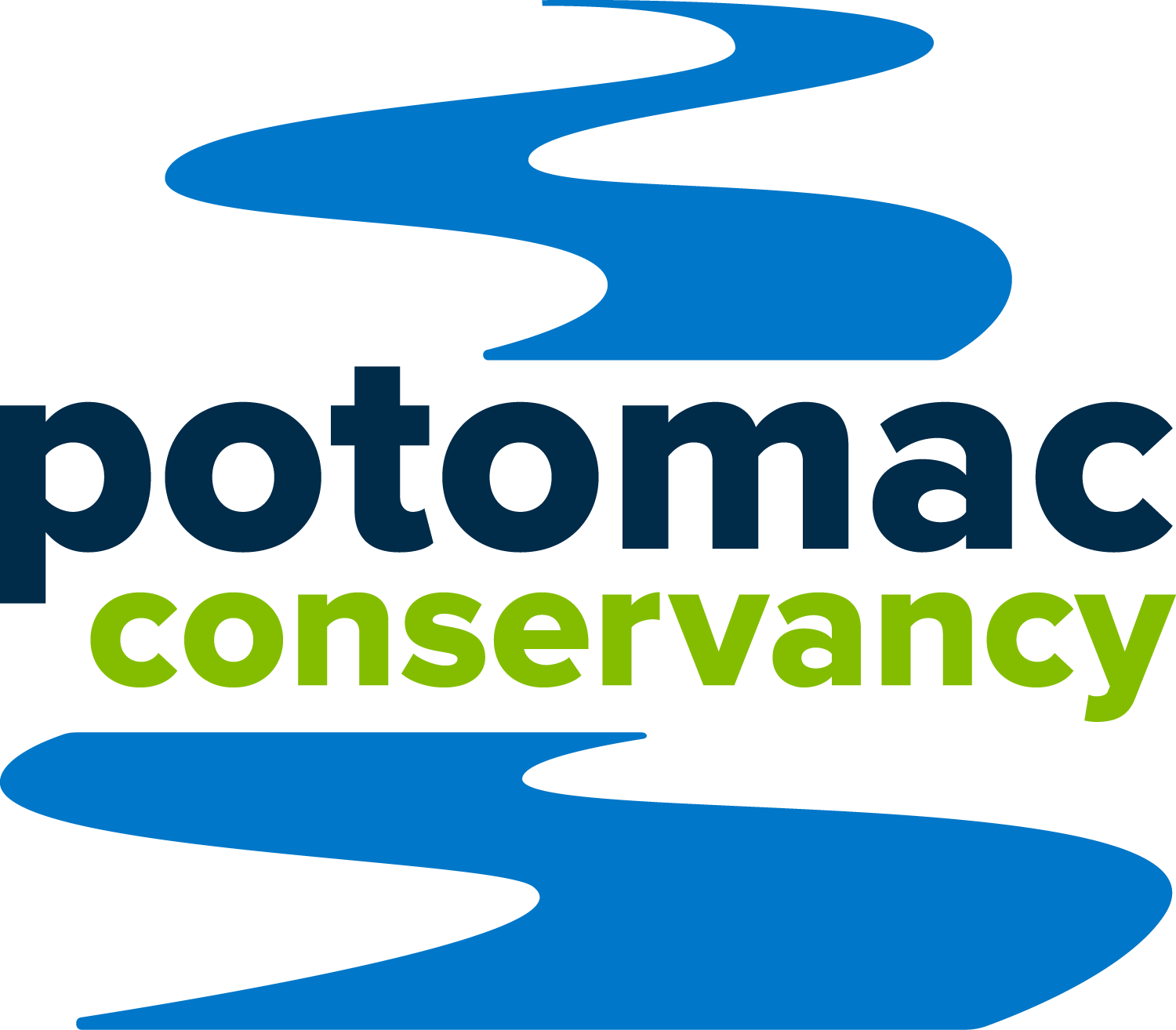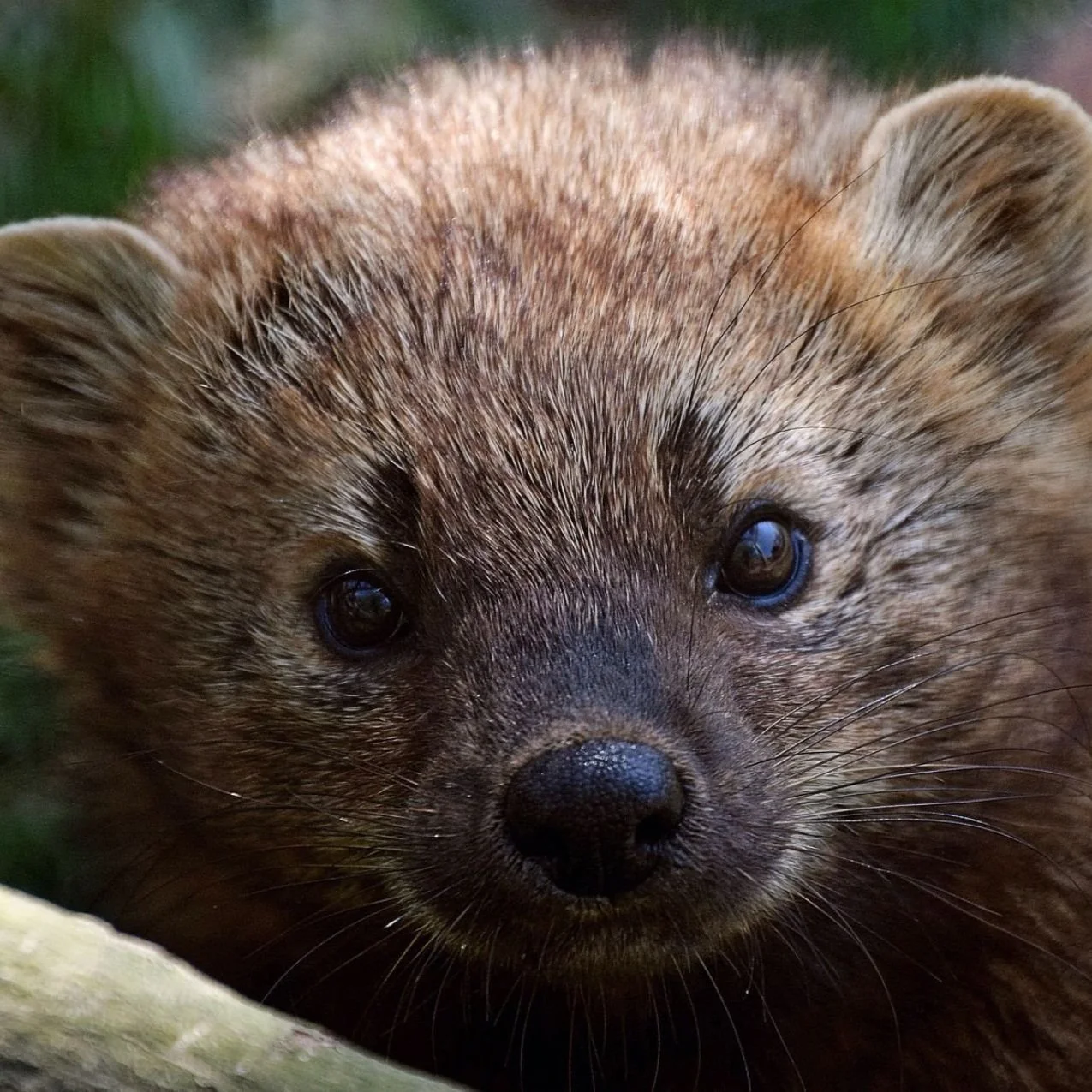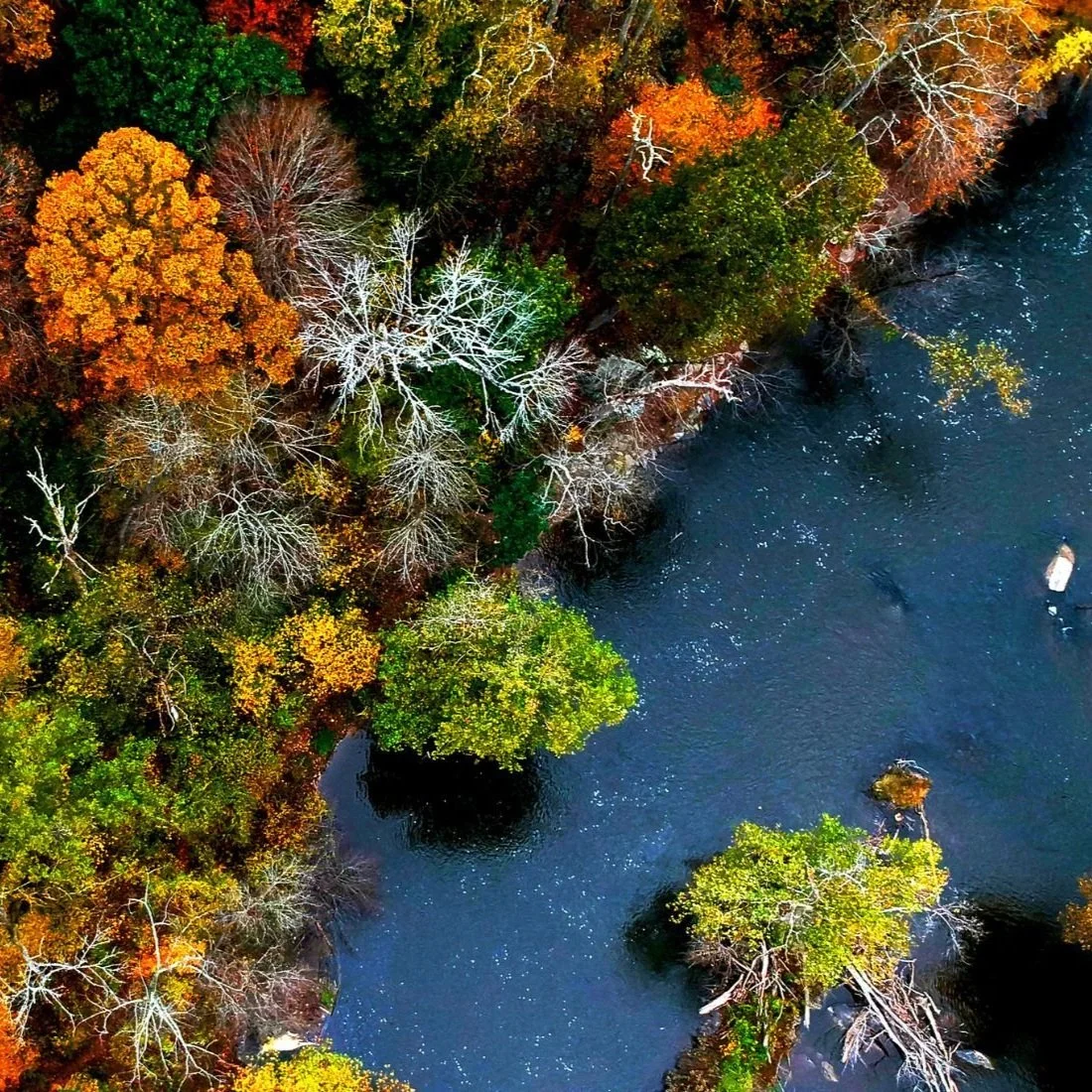6 types of trash that harm local animals (and what you can do to help)
/The dangerous plastics and trash we commonly find in the Potomac River
Photo copyright William Macfarland, macfarlandphoto.net
You may have heard about dead whales with bellies full of plastic or sea turtles choking on straws lodged up their noses. But you don’t have to go out to sea to find wildlife being affected by our plastics and trash - just head to your local stream.
Obviously, there’s no litter is good, but what kinds of plastics and trash are most dangerous for the animals living in the Potomac River? And what types are most common in our region?
Potomac Conservancy staff and volunteers understand better than most how much trash there really is in our watershed - and that these 6 types of litter are particularly prevalent. Be a good neighbor to the animals that depend on a clean river by helping remove and reduce use of these harmful items:
Fishing line and accessories
How it harms wildlife: Fishing line can get tangled in legs and wings, and when eaten it can cause lethal obstructions. Lead weights look like food to many birds and can cause lead poisoning. Fishing line also takes a very long time to break down.
2. Styrofoam (polystyrene foam)
How it harms wildlife: Food remnants found on Styrofoam takeout containers encourage animals to eat the container too, which can lead to choking and digestive problems. Styrofoam is quick to breakdown and the tiny pieces are eaten by fish. The Anacostia Watershed Society reported that by volume, a quarter of the trash that is collected from the river is Styrofoam.
While Styrofoam is now partially banned in Washington, DC and Maryland, it is allowed in our other watershed states of Pennsylvania, Virginia, and West Virginia.
3. Plastic bags
How it harms wildlife: Aside from being a dangerous choking and digestion hazard, once consumed, plastic chemicals can cause excess hormones. In fact, over 80 percent of male smallmouth bass fish in the Potomac are intersex (have female egg cells).
4. Cigarette butts
How it harms wildlife: Many people don’t realize that cigarette filters are made from plastic. Cigarette butts are toxic for animals when eaten, are not biodegradable, and can leach toxic chemicals in the river when soaked in water.
5. Chewing gum
How it harms wildlife: Gum is more than a nuisance that gets stuck to our shoes. It can get in fur and feathers and inhibit an animal’s movement. And unlike food, it doesn't provide animals with sustenance.
6. Balloons
How it harms wildlife: Innocently letting go of a balloon can mean danger for local animals. Balloons are sometimes falsely marketed as "biodegradable." Latex balloons actually contain chemicals and take years to break down. When an animal swallows a balloon, it can block its intestinal tract, leading to starvation.
Volunteer and help local wildlife!
Together we can make the Potomac and local trails a paradise for wildlife.
We are hosting a series, of small volunteer clean-up events, with smart health protocols to keep everyone safe. Sign up today to join our next river or stream clean-up>>





















